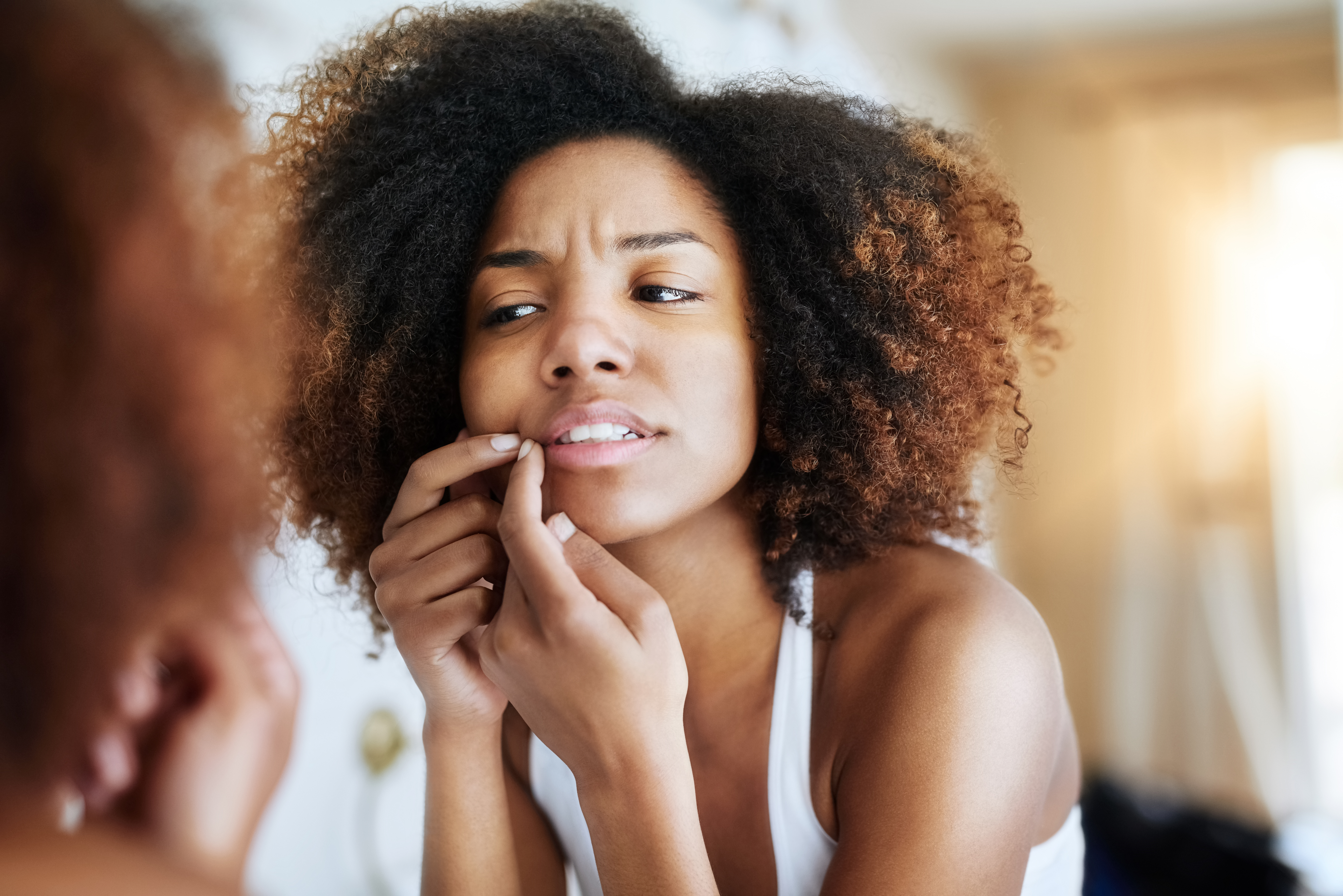Signs Your Skin Problems Might Be Something on the Inside
The skin, often hailed as the body's largest organ, serves as a mirror reflecting our internal health. While topical treatments can offer temporary relief, persistent skin issues often hint at deeper, underlying health concerns. This article delves into the intricate relationship between skin conditions and internal health, exploring 9 clues that might indicate a more profound issue. By understanding these connections, individuals can take a more holistic approach to skincare, addressing the root causes rather than just the symptoms. Join us as we peel back the layers to uncover how skin issues might be signaling internal health problems.
1. The Gut-Skin Axis: Digestive Health and Its Impact on Skin

The gut-skin axis is a burgeoning field of study that explores how digestive health can influence skin conditions. An imbalance in gut flora, known as dysbiosis, can lead to inflammation and manifest as acne, eczema, or psoriasis. The gut is responsible for nutrient absorption and immune function, both crucial for maintaining healthy skin. When the digestive system is compromised, toxins may leak into the bloodstream, causing systemic inflammation that can trigger skin flare-ups. By maintaining a balanced diet rich in probiotics and prebiotics, individuals can support their gut health and, in turn, improve their skin's appearance and resilience.
2. Hormonal Havoc: How Endocrine Imbalances Affect the Skin

Hormones play a pivotal role in skin health, with fluctuations often leading to noticeable changes. Conditions such as polycystic ovary syndrome (PCOS) and thyroid disorders can cause hormonal imbalances, resulting in acne, excessive hair growth, or dry skin. The skin is sensitive to hormonal shifts, particularly during puberty, pregnancy, and menopause. Understanding the impact of hormones on the skin can guide individuals in seeking appropriate treatments. For instance, managing PCOS through lifestyle changes and medications can help stabilize hormone levels, thereby alleviating skin issues linked to this condition.
